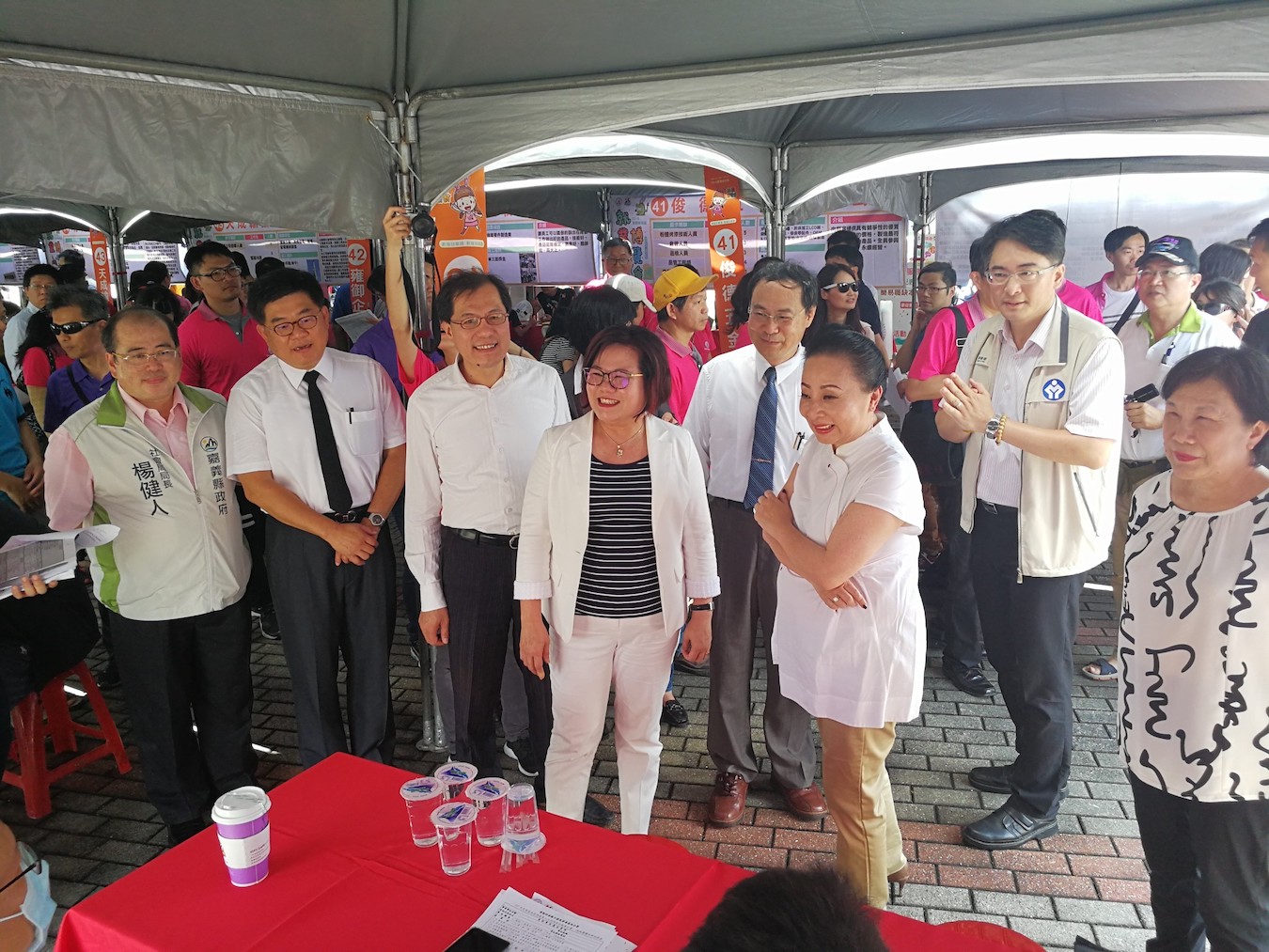by Brian Hioe
語言:
English
Photo Credit: Solomon203/WikiCommons/CC BY-SA 3.0
A NUMBER OF recent incidents point to the challenges for migrant workers in Taiwan. In particular, apart from that racism influences policy-making when it comes to migrant workers, one notes how migrant workers are still denied the fundamental rights that Taiwanese workers enjoy.
For one, Indonesia and Taiwan recently failed to come to an agreement on a Memorandum of Understanding (MoU) regarding the labor conditions facing distant water migrant fishermen. There was no MoU because Taiwan refused to agree to demands from Indonesian union members.
Such demands included pointing to the disparity between wages for distant water and near-shore fishermen. Distant water fishermen are currently paid 550 USD a month, which is just over 17,000 NT, while near-shore fishermen make 27,470 NT per month.
This occurs despite the fact that it is clearly distant water fishermen that face harsher working conditions. Distant water fishermen do not return to shore for years at a time. Likewise, that they work at such a distance from shores means that they face unregulated working conditions, even the potential of violent retaliation from ship captains.
Consequently, another one of the demands of union leaders was for WiFi on fishing vessels. This would allow distant water fishermen to report labor violations, which otherwise they could only do once the vessel they work on returns to shore–perhaps after many years, or significantly after such labor violations took place. It is usually only ship captains that have access to means of communication such as satellite phones on distant water fishing vessels, yet it is most commonly they that commit labor abuses against their workers.
Moreover, migrant fishermen would be able to communicate with friends and families using WiFi, rather than laboring under current conditions that mean long periods of separation and an inability to contact loved ones. It has been raised that this would lessen the severe burden already faced by distant water migrant fishermen. A campaign to call for WiFi for fishermen has been ongoing for some time from migrant worker advocates.
 Minister of Lavor Hsu Ming-chun (center) at an employment fair. Photo credit: Executive Yuan
Minister of Lavor Hsu Ming-chun (center) at an employment fair. Photo credit: Executive Yuan
To this extent, Indonesian union leaders called attention to the fact that distant water migrant fishermen are denied the ability to organize unions. Although migrant worker unions are still relatively limited in number in Taiwan, there have been efforts by migrant workers to organize. And, in that sense, distant water migrant fishermen are currently denied a fundamental right of workers.
International attention may lead to industry pressures, in that Taiwan currently contravenes the labor standards of the International Labor Organization. Taiwanese fish could potentially face restrictions in important markets such as the US or EU due to the view that it used forced labor.
At the same time, however, one notes how a MoU was recently signed between India and Taiwan to allow for migrant workers from India. Nevertheless, recent comments by Minister of Labor Hsu Ming-chun point to racism on the part of the government.
The comments by Hsu were to claim that Indians from northern India would be allowed to Taiwan, claiming that northern Indians had more similar skin color and diet to Taiwanese, as well as that they are Christians so would be able to integrate more easily into Taiwanese society. The comments, too, went on to suggest that irreconcilable cultural differences were why migrant workers from Mongolia were phased out and cited that other countries considered were Myanmar, Cambodia, and Bangladesh, while emphasizing that it was necessary for Taiwan to avoid overreliance on any single country as a source of migrant labor.
Namely, reports on the prospect of a MoU between the Indian and Taiwanese governments in past months led to a wave of online racism from Taiwanese society directed at the prospect of allowing Indian migrant workers into Taiwan. The suggestion has been that Indian migrant workers would sexually harass or assault Taiwanese women. But while this was not the first time that the Ministry of Labor has sought to defend the idea of Indian migrant workers in racialized terms, this was the first time that this was picked up internationally. As such, a wave of outrage from Indians online ensued.
Among those critical of Hsu’s comments were former Presidential Office spokesperson Kolas Yotaka and DPP legislator Chen Kuan-ting. Since then, the Ministry of Labor has apologized, stating that hiring would not take place on the basis of skin color or religion.
Still, it is in fact the case that prejudiced views of migrant workers often prevail in Taiwan. This is reflected not only in the treatment that migrant workers face, but also stereotypes of migrant worker nationalities affect hiring patterns.
But it still proves difficult for Taiwanese society to accept that racism is a guiding determinant in how it formulates policies for migrant workers. Such comments, as well as the exclusion of Indonesian distant water fishermen from protections that other workers enjoy, both point to this fact.

